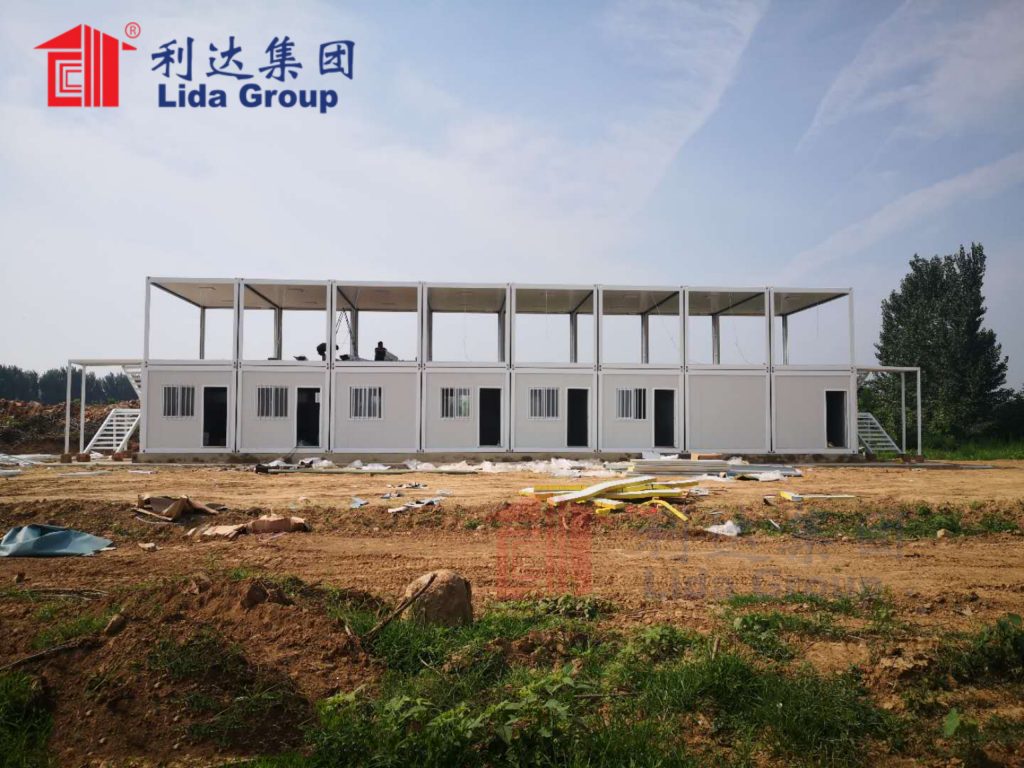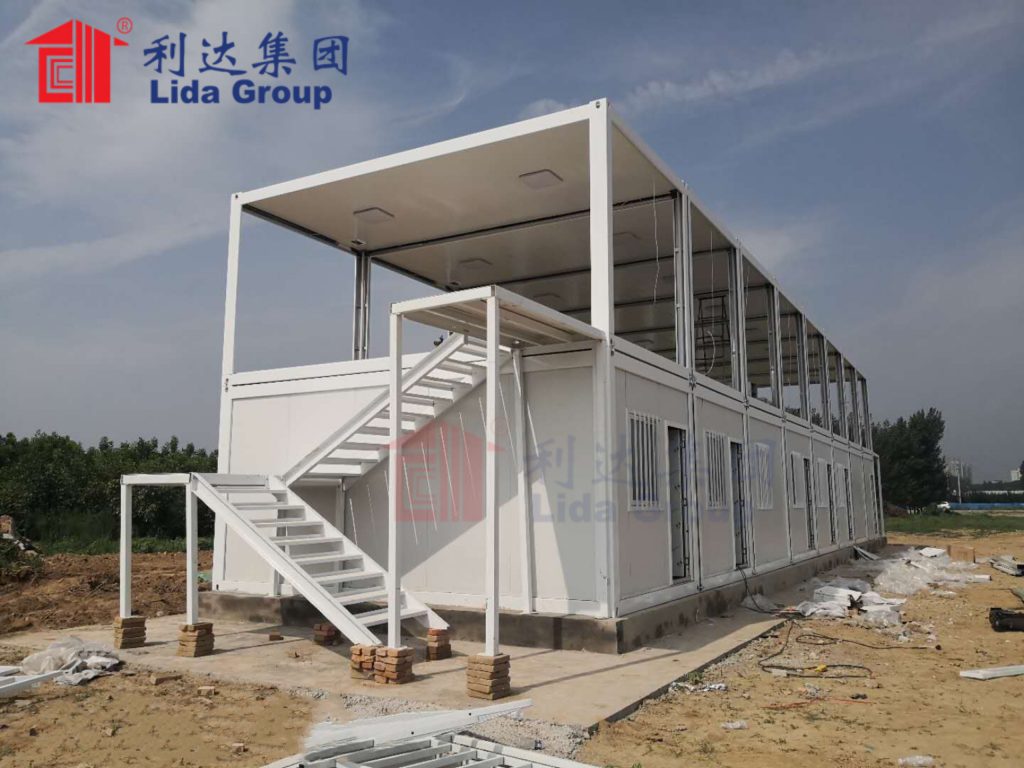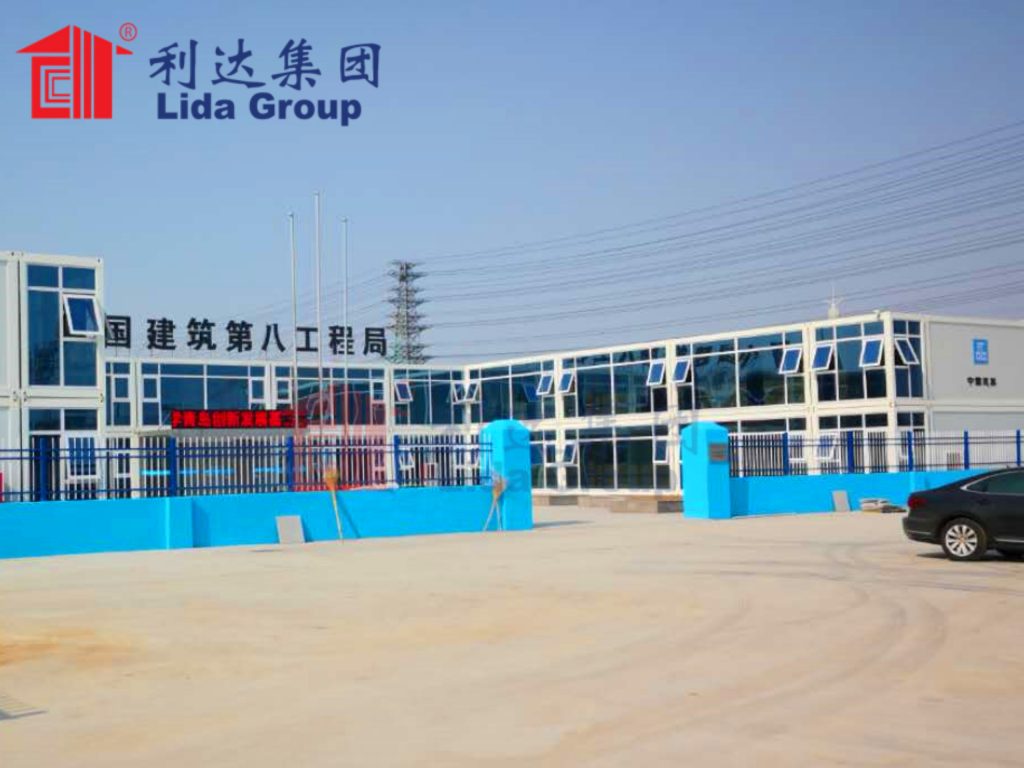As more people embrace location-independent remote work and off-grid living, some have adopted nomadic or seasonal migration-based lifestyles relocating between multiple rural properties throughout the year. However, establishing year-round habitable dwellings across multiple sites presents unique challenges. Traditional stick-built housing cannot be practically dismantled and rebuilt each season. Mobile homes compromise on space, customizability and energy efficiency needed for true off-grid independence. But a new generation of modular cabin designs optimized for seasonal mobility may be changing the game.
Jeff and Sarah are digital nomads who have realized their dream of leading a ‘digital dirtbag’ lifestyle between rural properties in different climate zones, following seasonal activities like mountain biking, skiing and farming. However, finding housing suitable for their semi-transient lifestyle within budget proved challenging. Existing types of temporary or mobile structures lacked features crucial to living fully off-grid year-round like ample interior space, climate control and integration of renewables.
During research, they discovered Lida Group – a Chinese manufacturer specializing in demountable modular construction using standardized shipping containers and lightweight insulated panels. Intrigued by the portability, durability and energy efficiency of Lida’s containerized dwelling designs deployed internationally, Jeff and Sarah arranged a tour of the company’s facilities. There, prototypes of their “Container Cabins” series captured the couple’s imagination as a viable housing solution optimized for seasonal migration between properties while maintaining full off-grid capabilities.

Lida Group’s Container Cabins integrate refurbished 20-foot and 40-foot cargo shipping containers as core structural modules. Internally, containers are adapted with features like generous clerestory windows, radiant floor heating, photovoltaic integration and spacious layouts rivaling conventional homes. Connection systems allow multi-container clusters for larger footprints. Externally, aero-optimized Clip-Skin facade systems formed of sandwich composite panels integrate with container frames to envelope structures, delivering superior R-values with minimal mass.
Perhaps most uniquely, Container Cabins are designed from inception to be demounted, transported and reassembled on dedicated trailers – a process achievable by a small team in under a week with basic tools. Standardizing mounts, connections and electrical/fluid fittings streamlines seasonal migration between sites, opening remote locations previously infeasible due to housing limitations. Container structural resilience also enables hassle-free transportation even on primitive backcountry routes versus fragile conventional dwellings.
Jeff and Sarah recognized Container Cabins aligned perfectly with enabling year-round off-grid living at multiple dispersed sites as desired. Lida Group worked closely with the couple to design a customized 275 m2 four-container cabin complex integrating living areas, workshops, greenhouse and storage optimized for self-sufficient rural homesteading. Photovoltaics, batteries, well, septic and climate control systems provided complete independent utilities easily migrated between properties.

Production commenced at Lida Group’s Shenzhen facilities where container interiors were fitted according to specifications before shipping overland to Colorado. There, the containers were connected using Clip-Skins and a specialized trailer mated to the integrated foundation skids, readying the dwelling for seasonal migrations. Upon delivery to Jeff and Sarah’s mountain property an initial shakedown build was performed within a week to validate the friction-fit connection systems.
Over subsequent years, Jeff and Sarah’s Container Cabin served as a field test proving ground for Lida Group as seasonal cycles unfolded. Come autumn, the entire demounted dwelling would be trailered to the couple’s southern Utah desert site for winter months. Reassembly mirrored initial construction, taking only days by their crew. Clip-Skins insulated shell and airtight utilities proved maintenance-free through extreme climate swings. Due to standardized connections, volunteer labor assisted migration and build/deconstruction timelines estimated 30% faster than traditional site-built housing teardown rates.
Word of Jeff and Sarah’s success with seasonal migration spread amongst off-grid communities, sparking inquiries to Lida Group. To meet growing demand, they launched the “Cabin Country” modular housing product line optimizing Container Cabins for demountable year-round living between seasonal plots owned by digital nomads, small farmers and remote recreation enthusiasts. Designs expand the concept into single cabins, clusters or entire gated cabin communities. Dedicated migration trailers and shop services streamline logistics. Modular settings can be tailored across diverse landscapes coast to coast.

Over 300 Cabin Country dwellings are now migrated annually between seasonal sites across North America enabled by Lida Group’s containerized construction approach. Standardizing interfaces condensed reassembly time per home to under a week. Maintenance is drastically simplified by resilient containers requiring basic non-destructive disassembly versus full teardown. Clip-Skin insulated facades maintain comfortable stable interiors during migrations and through all climate zones without added mass/fuel costs of site-built equivalents. For many nomadic off-grid families, Cabin Country designs have at last unlocked logistically-viable sustainable housing anytime, anywhere lifestyle aspirations.
With surging demand, Lida Group continues optimizing Cabin Country housing. Future designs integrate foundations converting cabins into “park model” RVs capable of over-the-road highway migrations for more transient lifestyles. Custom floorplans are being explored to utilize novel container combinations. Modular auxiliary structures enable “full time RV living” infrastructure at seasonal sites. As remote work trends accelerate post-pandemic, modular housing optimized for seasonal mobility and dispersed property holdings will become increasingly vital to empower nomadic zero-carbon living realities.
In conclusion, Lida Group’s innovation in demountable modular container construction is revolutionizing housing options for modern nomadic lifestyles through their Container Cabins and Cabin Country product lines. By leveraging standard containers, durable composite wall systems and integrated seasonal migration trailering, dwellings can at last be constructed anywhere to empower living fully off-grid between multiple rural properties throughout the year. This breakthrough in practical seasonal migratory housing solutions unlocks truly location-independent sustainable living realities previously relegated to occasional vacations or compromise. With refinement, modular construction applied to tiny homes, cabins and even entire communities may establish a new paradigm of housing optimized for emerging nomadic digital lifestyles globally.

Related news
-
Researchers collaborate with Lida Group to develop portable modular housing prototypes combining easy-install container structures and composite building skins for expeditions.
2024-10-28 15:18:12
-
Remote mining operation selects modular prefabricated structures from Lida Group comprising insulated sandwich panel dormitories, cafeterias and recreation facilities assembled on wheels.
2024-10-21 14:40:27
-
Renewable energy plants choose robust galvanized structural steel framed maintenance buildings from Lida Group intact after extreme weather for continuous utility.
2024-10-17 16:43:14
contact us
- Tel: +86-532-88966982
- Whatsapp: +86-13793209022
- E-mail: sales@lidajituan.com


